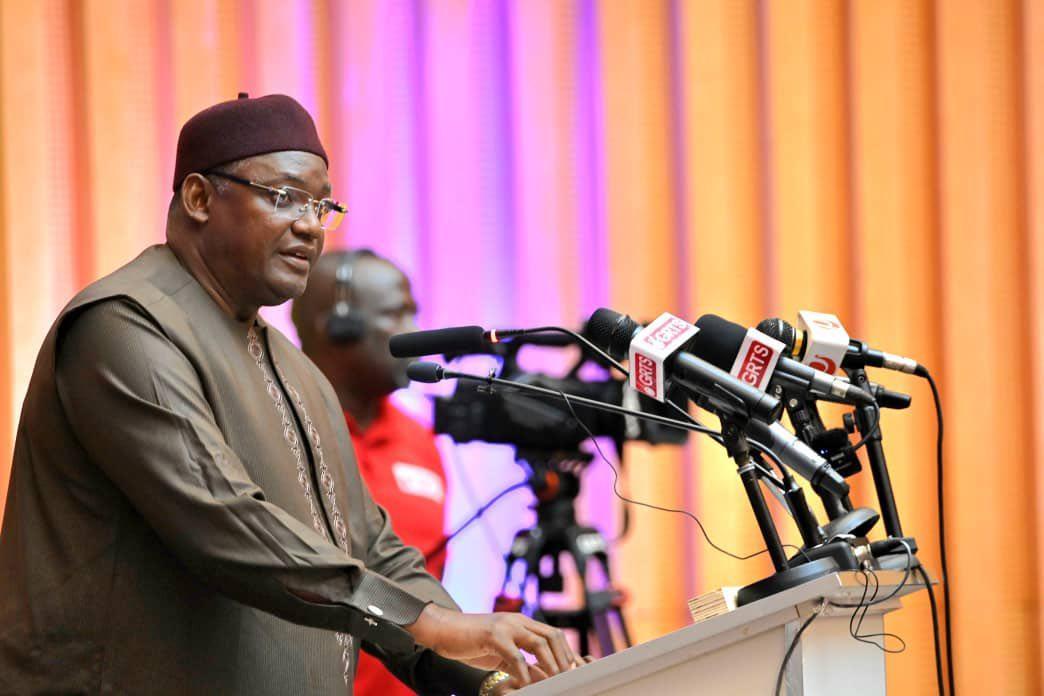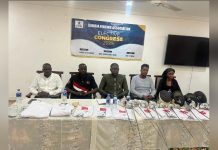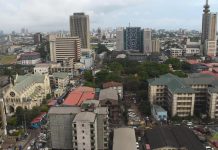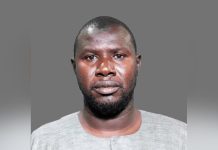Africa-Press – Gambia. Former Gambian President Yahya Jammeh, who has been living in exile since his surprising election defeat in 2017, has announced his intention to return to the country. The declaration, issued on Monday by the Office of the Mandated Representative of Former President Yahya Jammeh, raises the prospect of a significant political and legal confrontation in The Gambia.
In a detailed statement, Jammeh’s team emphasized that his return would be “peaceful, safe, and dignified,” portraying it as a constitutional right for a citizen and former head of state. The statement also directly challenged the administration of his successor, President Adama Barrow, to permit his homecoming.
The planned return of Mr. Jammeh, whose 22-year rule was marked by widespread allegations of human rights abuses, torture, and extrajudicial killings, poses a profound challenge to The Gambia. The country is still grappling with the legacy of his authoritarian regime through a national truth-telling process that implicated him in numerous crimes.
“He seeks no confrontation, no destabilisation, no political upheaval,” read the statement delivered by Momodou Yaïye Tamba. “His desire is simple: to come home in peace, with dignity, and in accordance with the law.”
The statement represents the most formal step yet in Mr. Jammeh’s long-rumored efforts to return. He fled to Equatorial Guinea in 2017 under international pressure after initially refusing to concede defeat to Mr. Barrow, who led a coalition of political parties to defeat him at the polls in the 2016 presidential elections.
Mr. Jammeh’s representatives said they have submitted official letters notifying President Barrow, the speaker of the National Assembly, and regional and international bodies—including the Economic Community of West African States (ECOWAS), the African Union, and the United Nations—of his intention to return. The letters seek “cooperation, coordination, and assurances” for the move.
The central argument of the 10-point statement is a legal one, asserting that Mr. Jammeh remains protected by The Gambia’s Constitution and the Former Presidents Act. It aggressively challenges the legitimacy of the Truth, Reconciliation, and Reparations Commission (TRRC), which concluded a two-year investigation in 2021.
The commission found that Mr. Jammeh was responsible for a vast apparatus of state-sanctioned violence, including death squads, witch hunts, and the rape and sexual assault of women. The government has pledged to implement the commission’s recommendations, which include prosecuting perpetrators, but the process has been slow.
The statement from Mr. Jammeh’s mandated representative, however, dismissed the TRRC’s findings, noting that commissions of inquiry “are NOT courts of law” and cannot convict or sentence. It accused the commission of violating the principle of natural justice by publicly defaming individuals, including Mr. Jammeh, without giving them a right to be heard.
“Innocent until proven guilty,” the statement declared, adding that Mr. Jammeh “will submit to law, not to political vengeance.”
The statement also invoked a case currently before the ECOWAS Community Court, where two Gambian judges are challenging their treatment by the TRRC, suggesting it sets a legal precedent for Mr. Jammeh’s own situation.
In an attempt to reframe the national conversation, the statement drew comparisons to other Gambian leaders. It argued that just as former President Sir Dawda Jawara is not held personally liable for every abuse during his 30-year rule, and President Barrow is not held responsible for specific deadly incidents under his watch, Mr. Jammeh should not be condemned for every allegation from his tenure.
The tone turned sharply critical in a section accusing the Gambian government of “selective outrage and hypocrisy.” It pointed to a recent visit by former British Prime Minister Tony Blair—whom it described as “one of the architects of the illegal Iraq War that killed millions”—and questioned how the country could welcome him while treating Mr. Jammeh’s return as a threat.
The press statement concludes with a pledge to follow legal procedures, including requesting a formal audience with President Barrow and applying for permits for peaceful gatherings, all “rooted in respect, law, and peace.”
The Barrow government has not yet issued an immediate public response. How it handles the former leader’s demand will test the nation’s fragile democracy and its commitment to a reconciliation process that many victims fear could be undermined by Mr. Jammeh’s return.
For More News And Analysis About Gambia Follow Africa-Press






